

deep insights, facts & figures

The new FEDIYMA study by GfK Living provides proof that home improvement is in vogue during the economic crisis
Even though the European DIY sector is feeling the force of the 2009 crisis, it has got off relatively lightly. The consumers who are important to the home improvement market belong to the relatively crisis-resistant sections of the population. This point was made by Oliver Schmitz, who introduced the International FEDIYMA DIY Consumer Study 2010 by GfK at the 1st European Home Improvement Forum. “Homing” as a trend is more topical than ever as a result of the crisis. Here consumers are primarily concerned with home improvement, on which they spend more on average than on home maintenance – the desire is to create one’s own home beautiful. Germany and France represent a certain exception here, with an average spend in both areas that is very high. The increased interest in home improvement and home maintenance is also manifested in the way consumers pay detailed attention to innovative products. Three quarters of them say expressly that they value products that make the life of the DIYer simpler and easier. Despite this interest, the skills of the end consumer are conspicuously low – from which follows that the sector has the task of doing more in this direction. Yet another trend is becoming evident against this background: from do-it-yourself to do-it-for-me. But the good news in this respect is that many of the customers who work with professional builders actually purchase the products themselves. An analysis of consumer preferences on the product category level reveals that “soft” DIY tasks such as painting head the popularity stakes. However, the greater amounts of money are spent on “wellness” products (eg, saunas) or renovation work to save energy or protect the environment. So the crisis has actually had rather a positive effect on the DIY market. That seems to be true not least of the relationship of consumers to quality and brands. “The importance of brands is increasing,” says Oliver Schmitz of GfK Living. The consumers know their brands and they expect to see them in the places where they do their shopping. Contrary to what the positioning of most DIY chains suggests, pricing is not consumers’ primary concern. The results of the survey in all countries show that they are prepared to spend more if that means they get decent quality: they are not looking for the lowest price, but wanting more for less. Download:
Related articles
Read also

 Menü
Menü




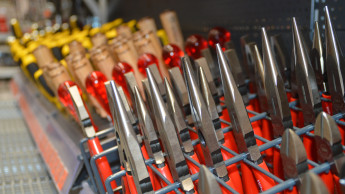

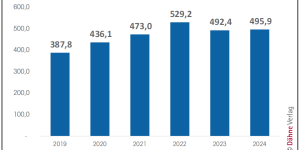


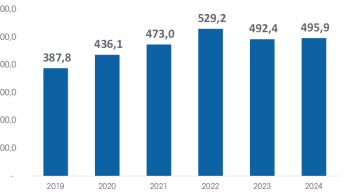
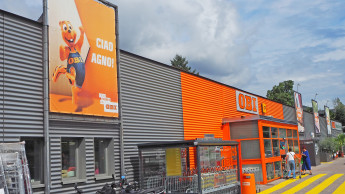
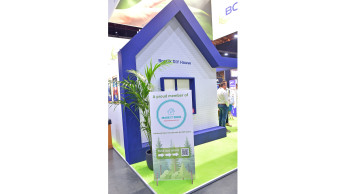
 Newsletter
Newsletter